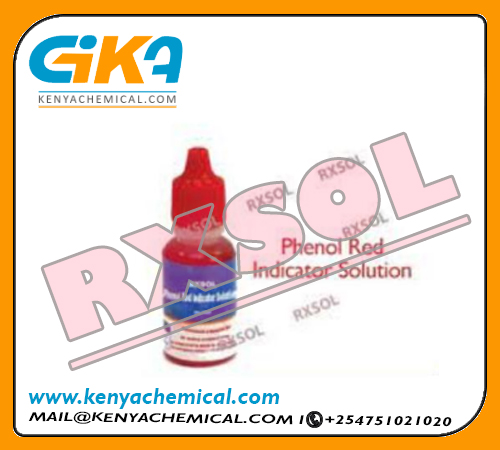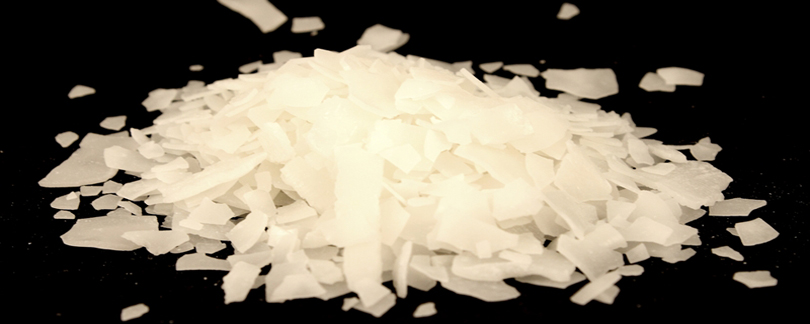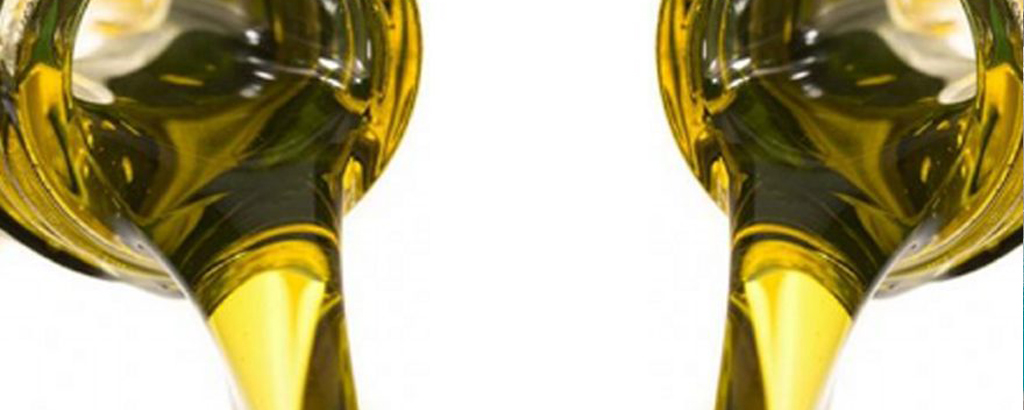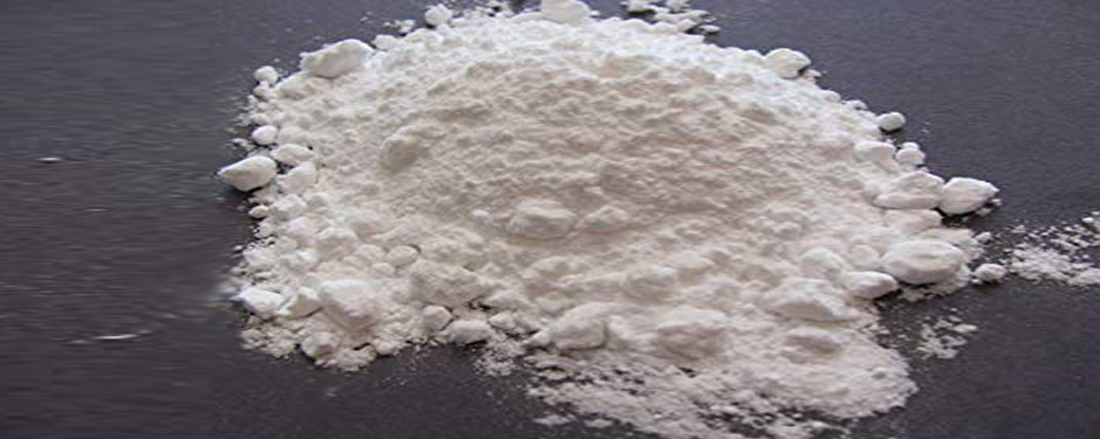Phenol Red Indicator Solution manufacturer supplier distributor in Mumbai, Kandla, Kolkata, Vizag, Chennai, India, Fujairah, Dubai UAE, Muscat Oman, Kenya Africa. Get the best quality of Phenol Red Indicator Solution at a competitive price from us. We have ready stock of Phenol Red Indicator Solution in India, UAE Gulf, Oman, Kenya Africa. Contact us for bulk as well as small orders.
Phenol Red Indicator Solution is used as a pH indicator. The sodium salt of phenol red is used widely in culture media to identify changes from neutral to acidic pH values.
Precautions and Disclaimer :
For Laboratory Use Only. Not for drug, household or other uses.
Storage/Stability
Phenol red when added as a component to tissue culture media, can be autoclaved.
|
Physical State |
: Liquid |
|
Color |
: Red to orange |
|
Odor |
: Odorless |
|
pH |
: 7-8 |
|
Specific Gravity |
: 1.0 |
|
Solubility in water |
: Soluble |
It is typically used in cell culture media at 11 mg/L. A solution of phenol red will have a yellow color at a pH of 6.4 or below and a red color at a pH of 8.2 and above.Phenol red in tissue culture media can act as a weak estrogen, especially with human breast cancer cells. Lipophilic impurities, not the phenol red dye itself, account for the estrogenic activity. 95-99% of these impurities can be removed from the sodium salt of phenol red with a reduction in estrogen-like activity.
Preparation Instructions
This product is a sterle filtered 0.5% solution of tissue culture grade phenol red in Dulbecco,s phosphate buffered saline without magnesium and calcium.
An indicator solution can be formed by dissolving 0.1 g of phenol red in 14.20 ml of 0.02 N NaOH and diluted to 250 ml with deionized water. Phenol red can be used to measure hydrogen peroxide in cultured macrophages in multiwell plates. Assays used 2 units of peroxidase/100 ml volume with 0.5 mM phenol red, pH 7 at 37 °C. The reaction was stopped and color developed by adding 10 ml of 1 N NaOH and reading the absorption of the oxidized phenol red at 600-610 nm. Calculations were accomplished by comparison to a standard curve of hydrogen peroxide.









